Various major retailers have suddenly decided to backtrack on investing in self-checkout machines, even going so far as to remove these machines from many of their stores.
After years of putting money towards self-checkout services, this latest move comes as stores have revealed they are attempting to scale back theft and unaccounted-for inventory.
Eliminating Self-Checkout Options
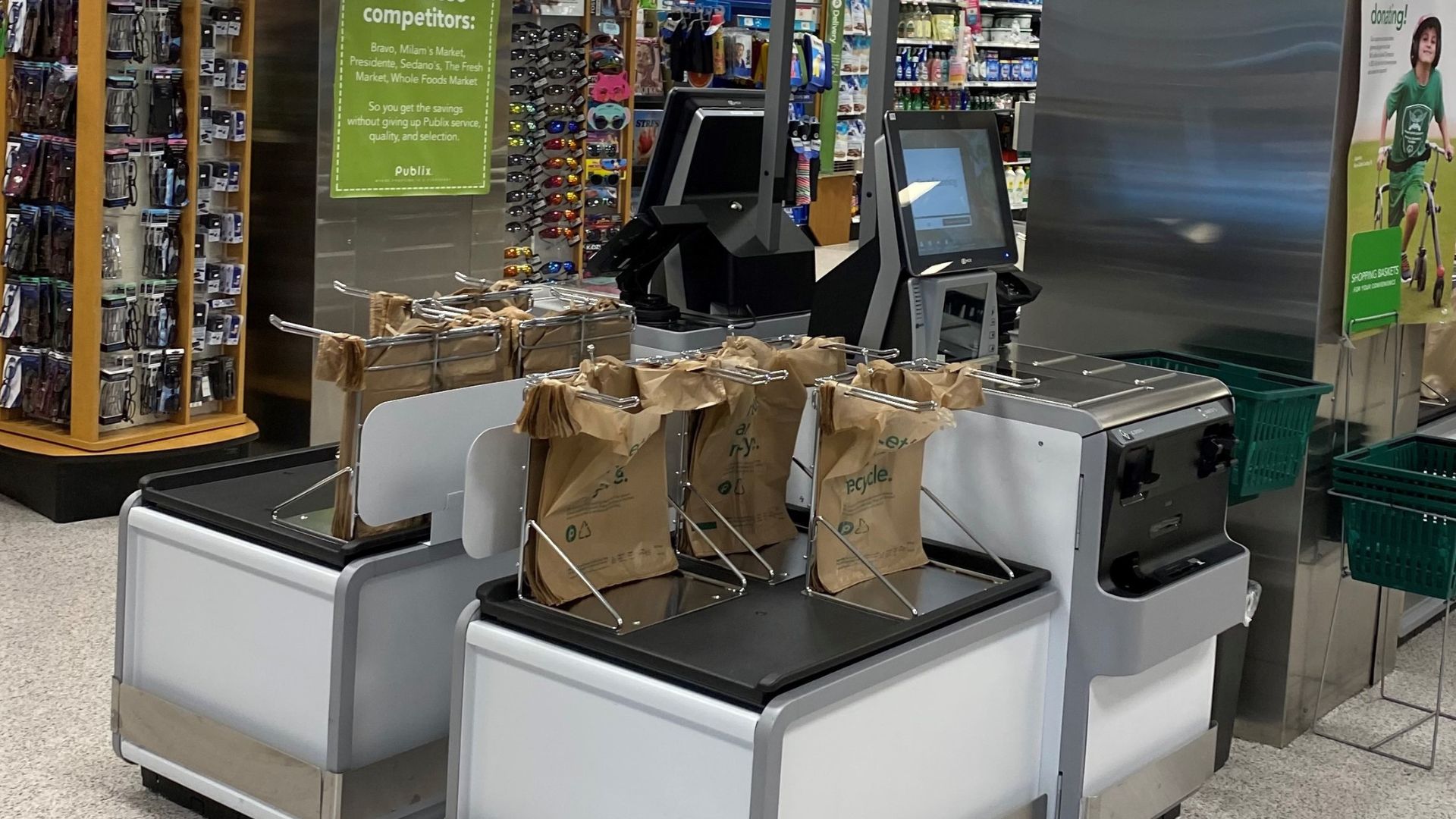
Giant retail store chains, such as Five Below and Dollar General, have revealed plans to eliminate much, if not all, of their self-checkout options that had been installed in their stores around the nation.
Dollar General has announced that it has removed these self-checkout kiosks at about 12,000 different stores in the United States, which impacts a majority of its locations.
Five Below Works to Remove Self-Checkout Kiosks
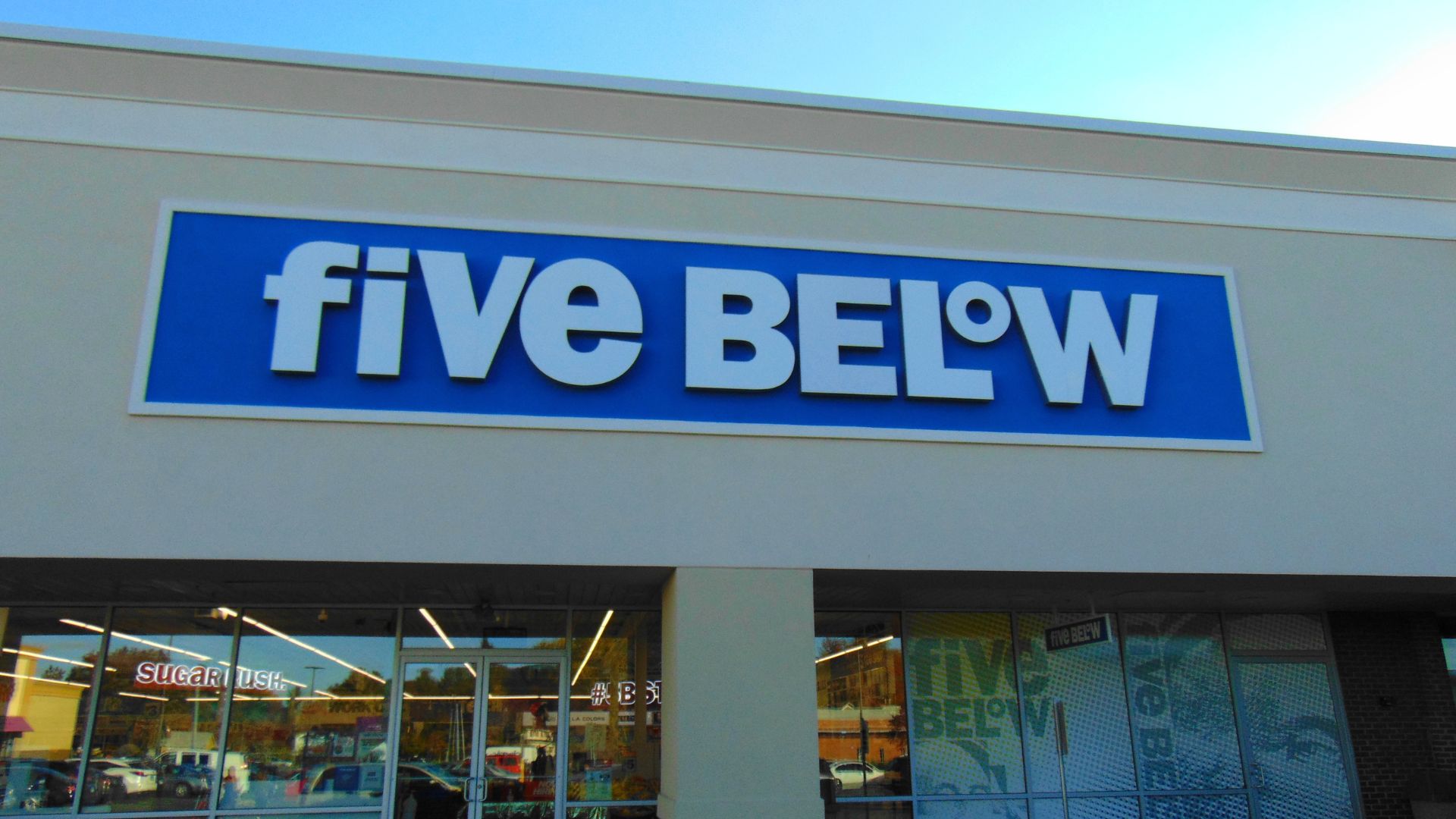
Five Below has made similar moves this year after suddenly deciding that these kiosks are no longer fitting their purposes.
Five Below is even removing all self-checkout machines from locations it deems to be at the “highest risk.”
A Sudden Change in Service
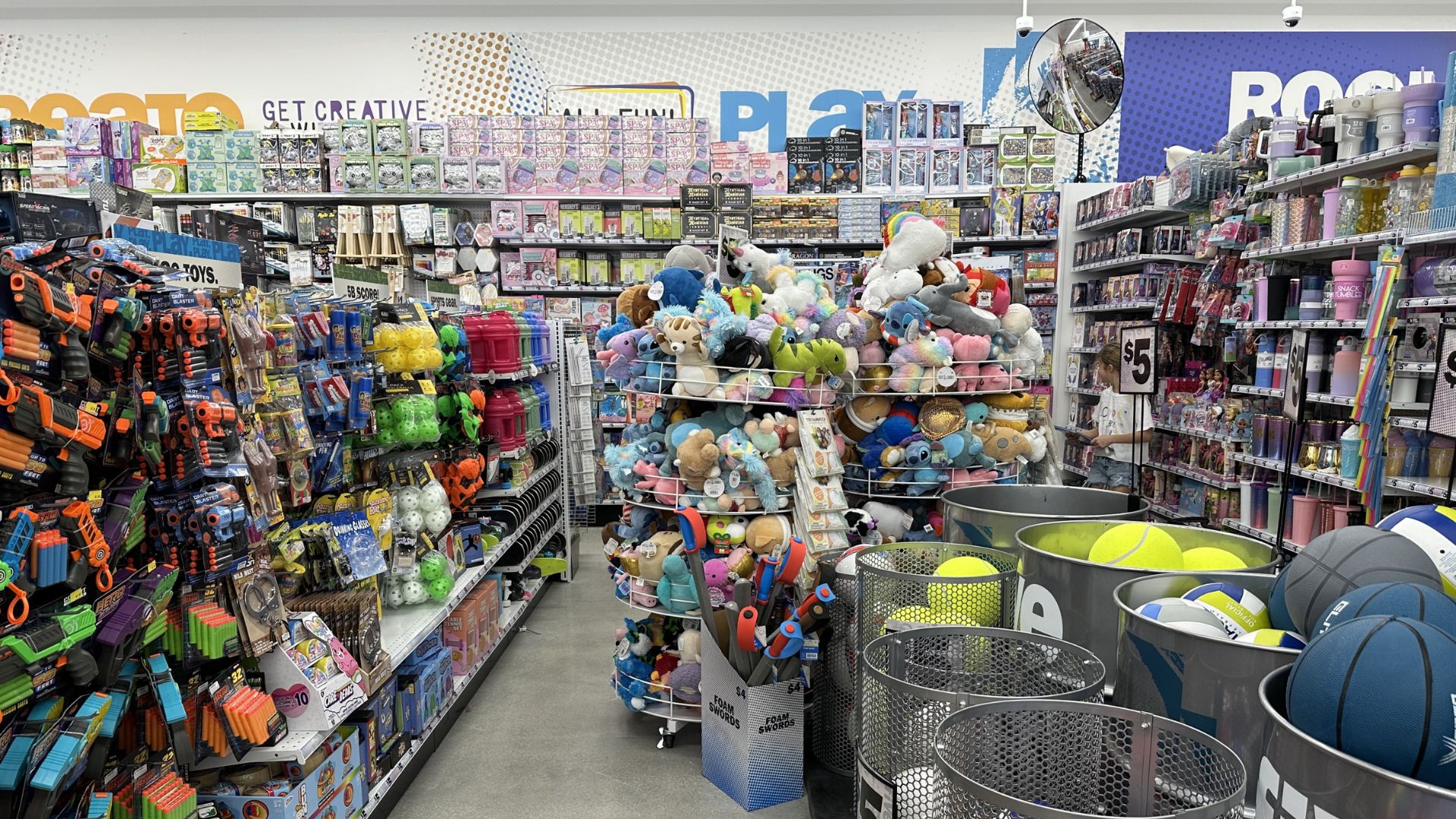
For many customers, this sudden U-turn may seem very surprising. After all, various retailers such as Dollar General and Five Below have invested in pushing more self-service options over the last few years.
Dollar General has even recently tried to revamp entire stores to have only self-checkout machines available for customers to use. Now, they’re backtracking on this decision.
Trying to Fight Theft
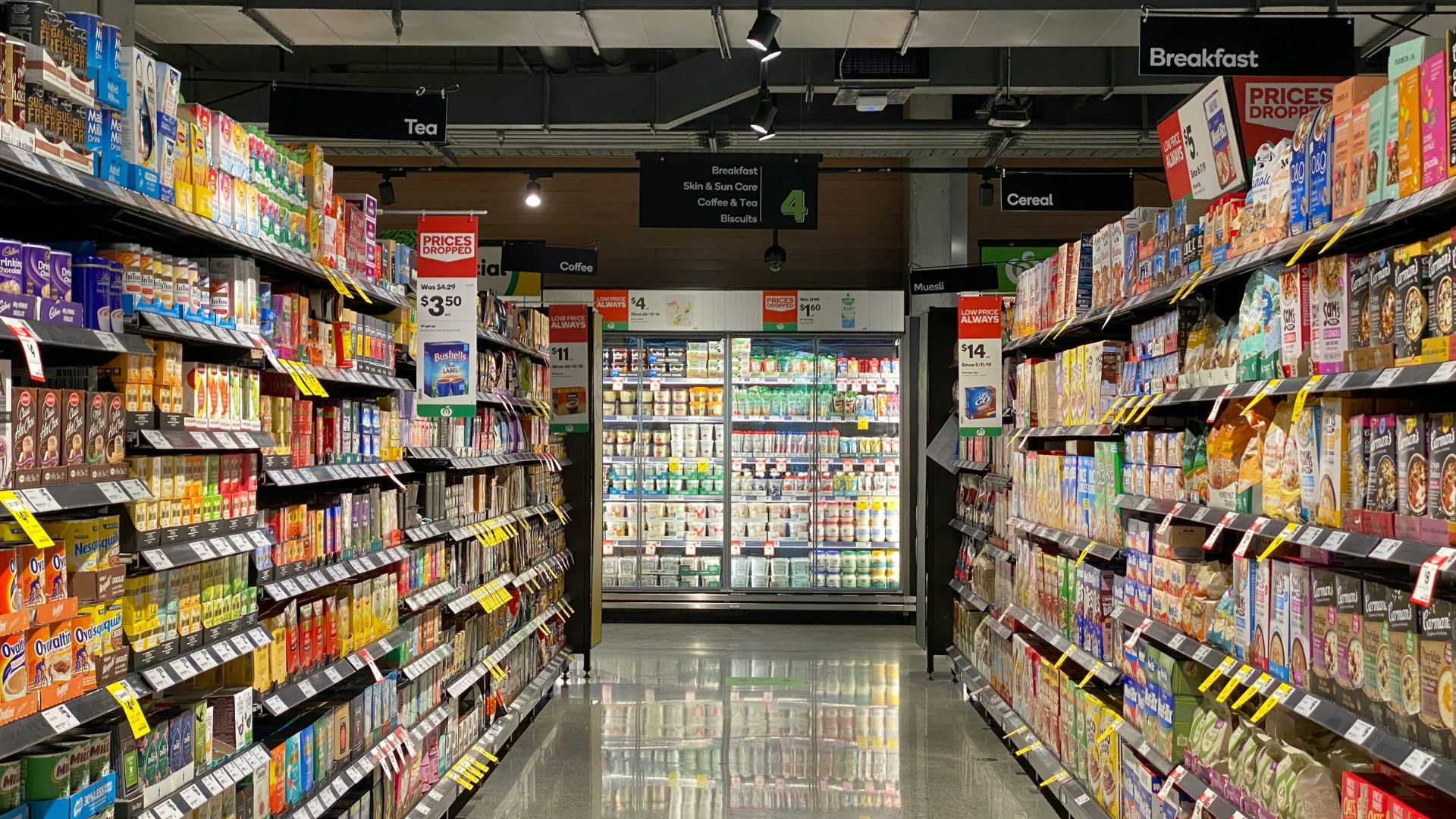
According to these retailers, all of this is being done in an effort to fight theft and limit what they call “shrink”, which deals with how inventory is lost.
Inventory may become lost through theft by employees or shoppers. However, this lost inventory may also be the result of error, such as a customer not realizing they didn’t scan an item when they were using a self-checkout machine.
A Common Complaint
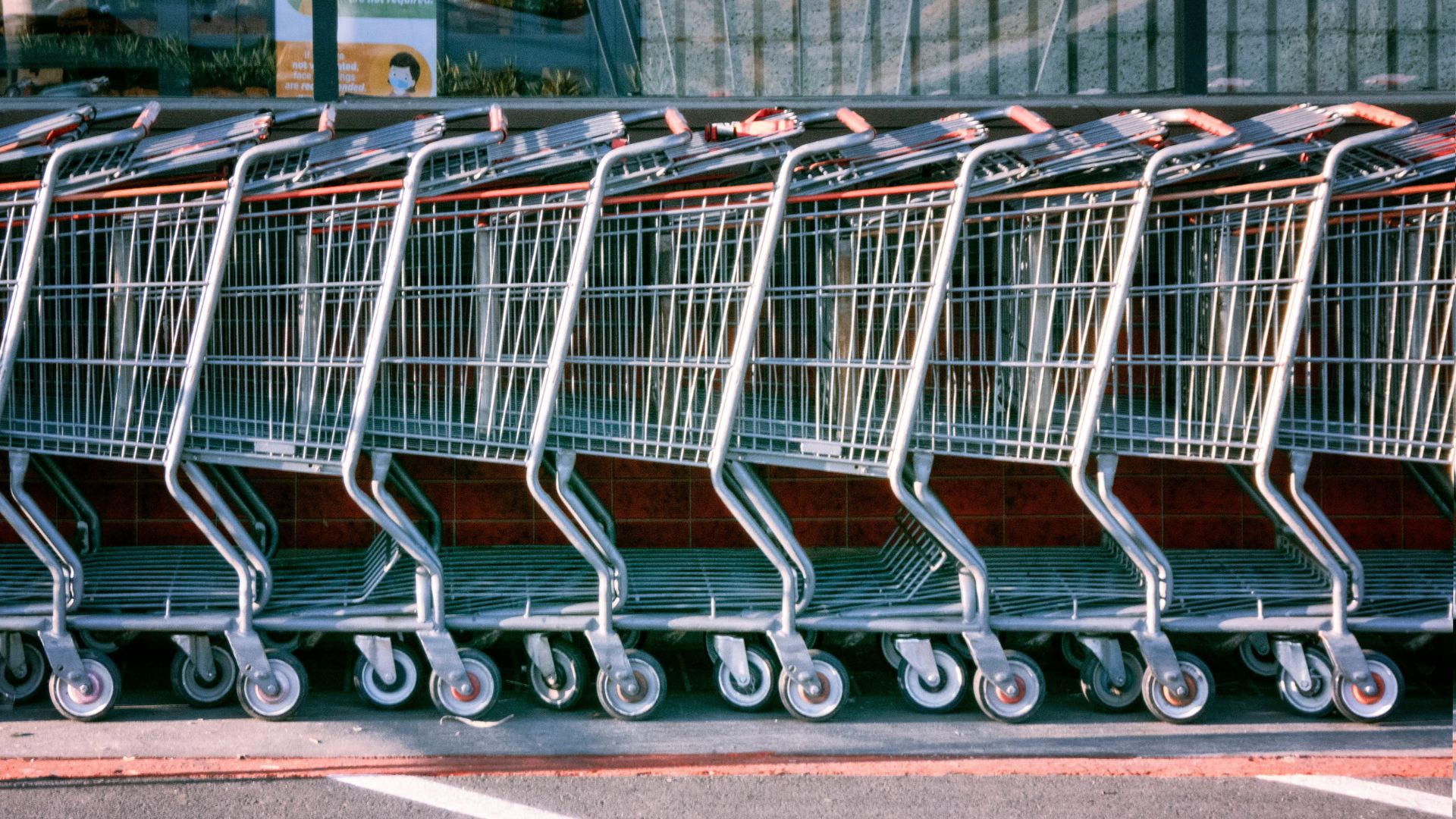
Companies have often pointed to theft and shrink concerns in the last few years for their many issues. This common complaint, as a result, has caused many analysts to wonder if these retailers are overstating their shrink issues for some reason.
Walgreens’ Chief Financial Officer James Kehoe even revealed that the company may have overestimated — and overblown — its theft concerns in the past year.
Bringing Back Employee Checkouts
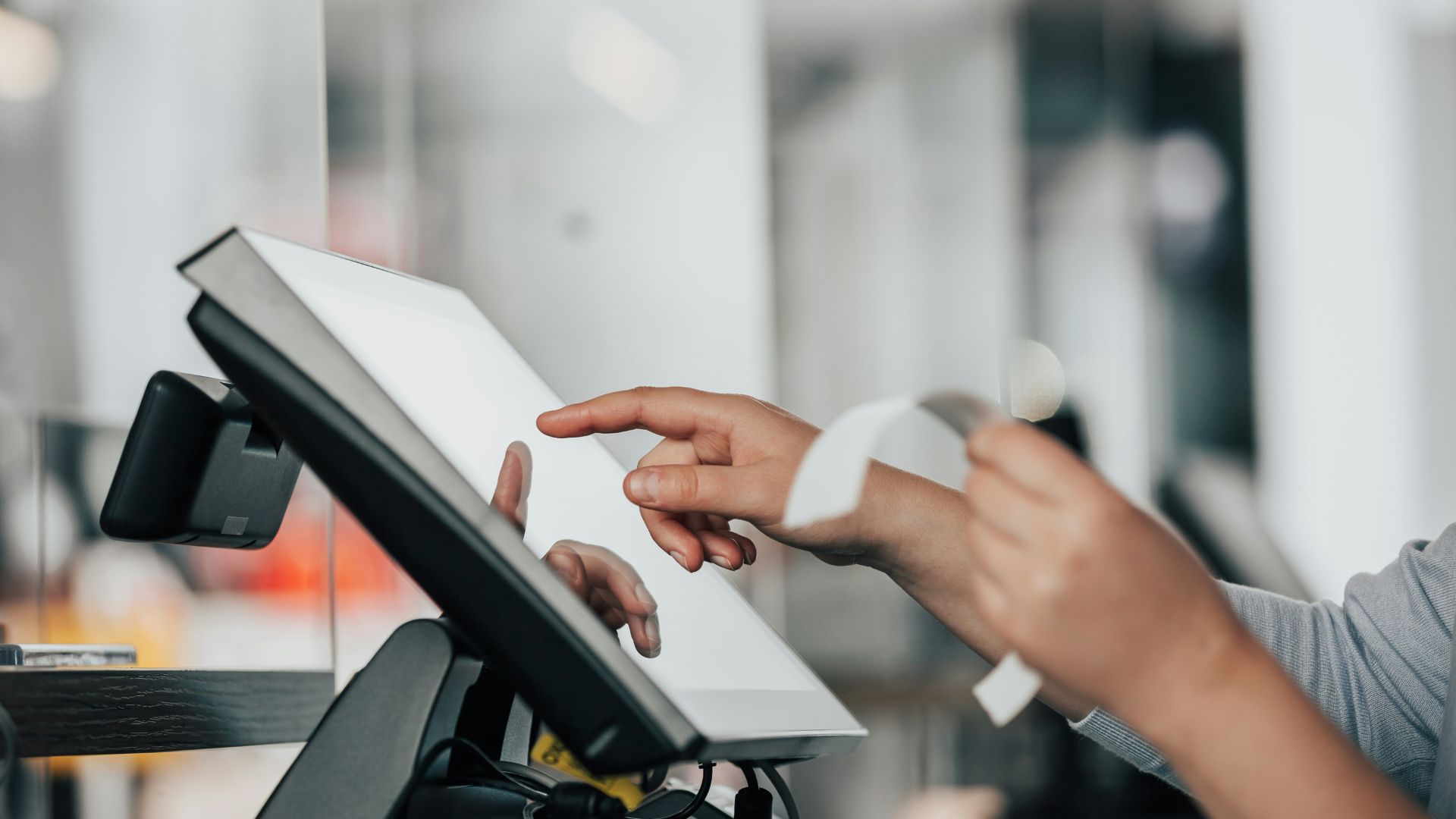
Now that many retailers are looking to limit their self-checkout kiosks, various stores will be bringing back employee checkout services.
These companies are hoping that theft or unaccounted-for inventory will go down if their stores have more employees checking people out, rather than people using these self-service options and checking their own items out.
Difficult Machines
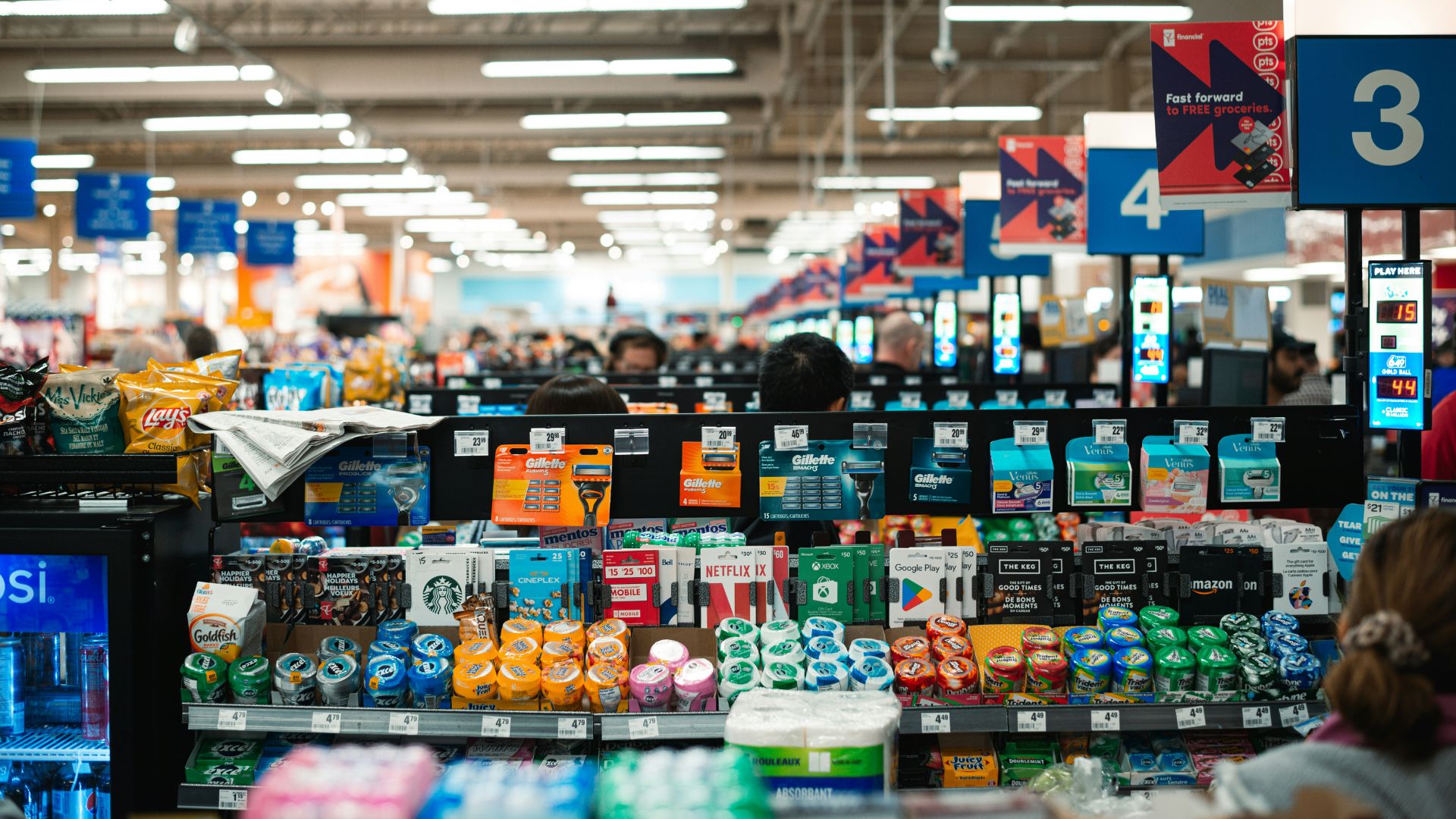
Some analysts believe that these stores may be pushing for fewer self-checkout options because of customer feedback. After all, these machines aren’t perfect. Often, they mess up and an employee must help a customer resolve the situation.
Claire Tassin, a Morning Consult retail and e-commerce analyst, explained, “People are always complaining about the machines’ being difficult to use or loud or just challenging in some way.”
Bringing Back Jobs?
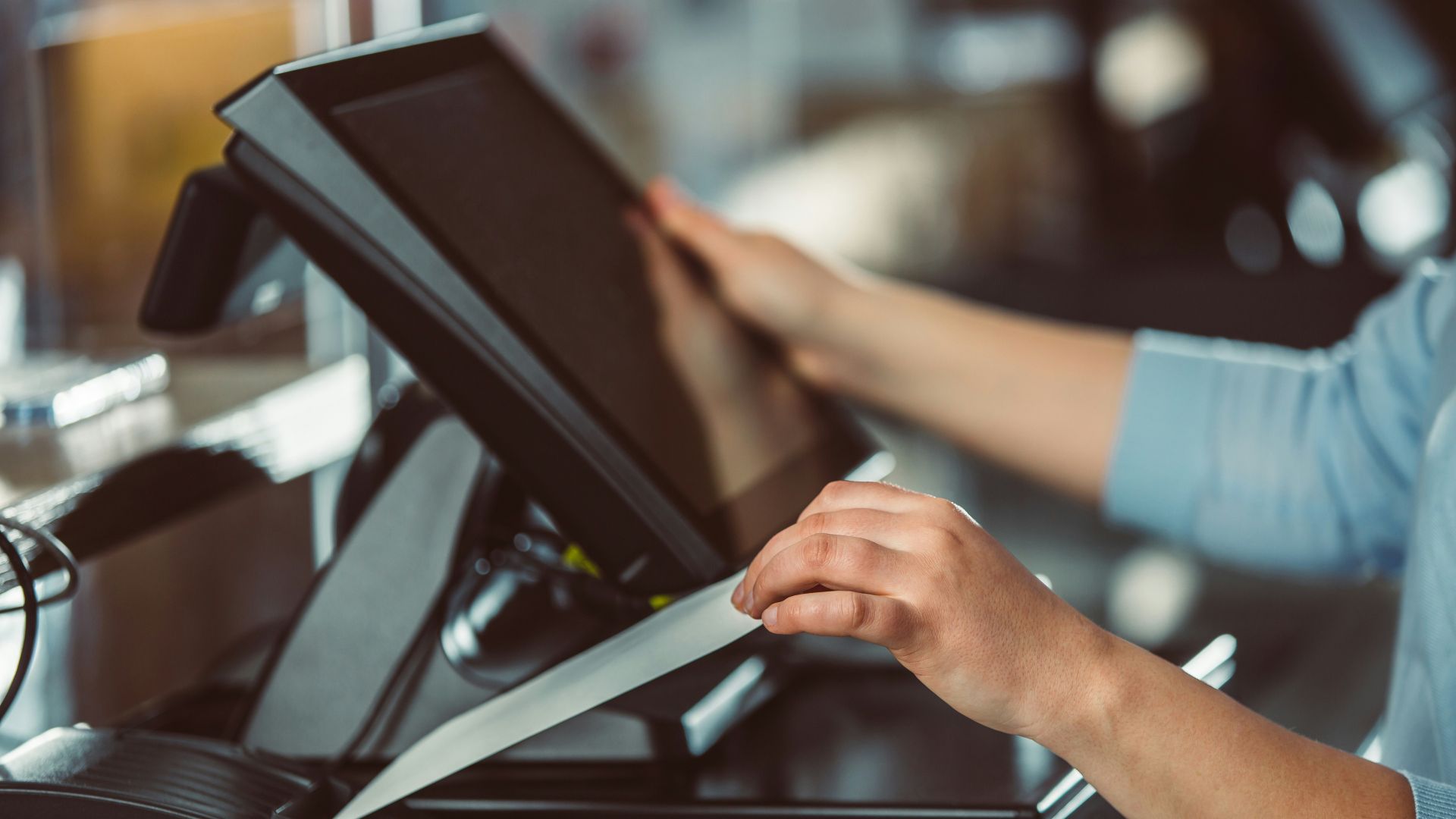
One constant criticism stores have faced when it comes to self-checkout services is the realization that they’re hiring fewer employees. Now, it appears that this may be changing.
Retailers may be realizing that they need to pay and hire more employees, especially if they want to limit theft.
Analyzing Profits
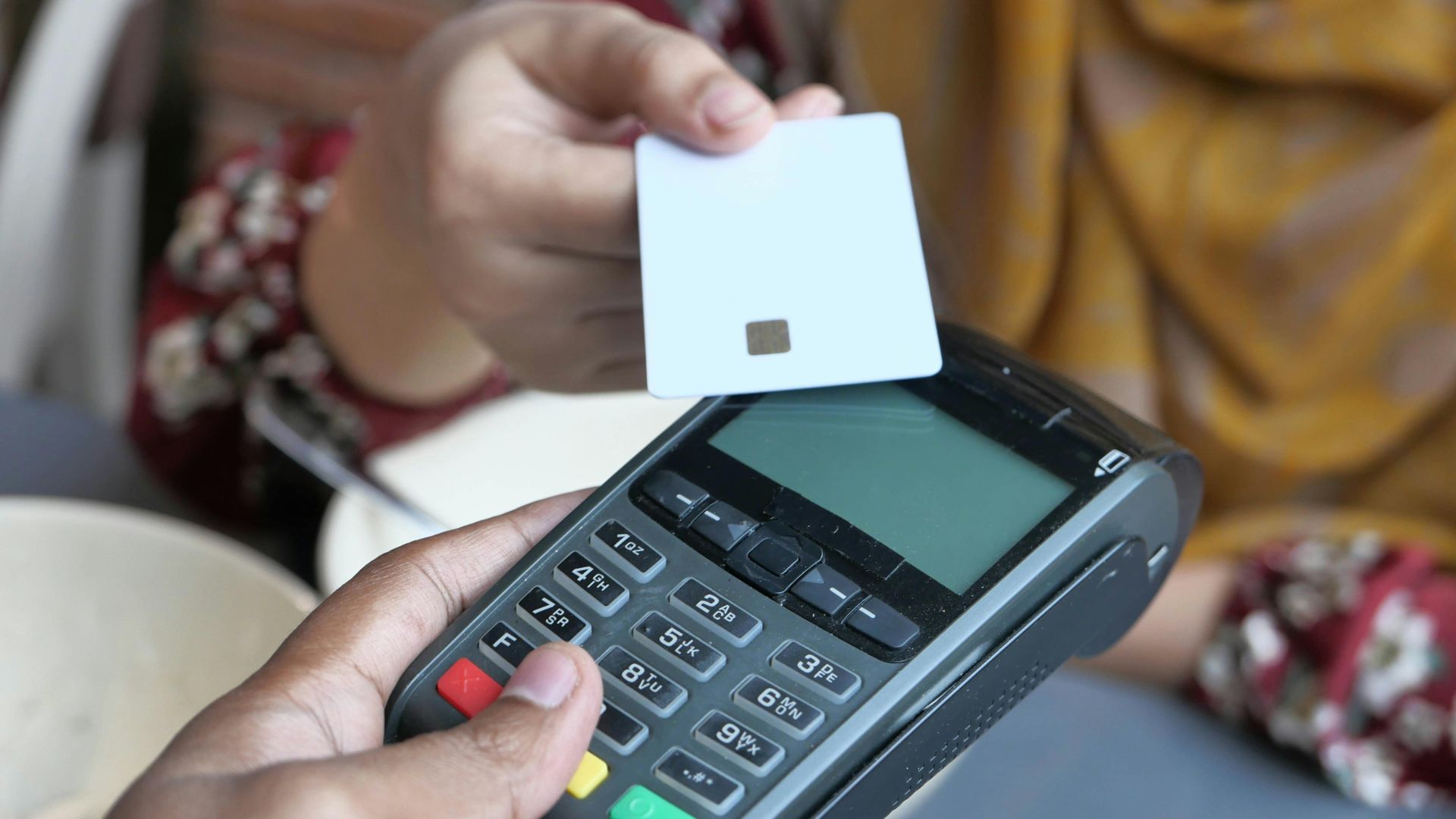
Tassin further explained this realization, stating that retailers may have finally realized that it’s more profitable to pay employees, rather than rely on self-checkout kiosks.
“It tells us that it is more profitable for the retailer to pay employees to manage checkout,” Tassin said. “And they’re of course going to be better at it than the average untrained consumer than it is to support the machines, where they’re probably getting less-than-accurate checkouts from consumers.”
Keeping Prices Low
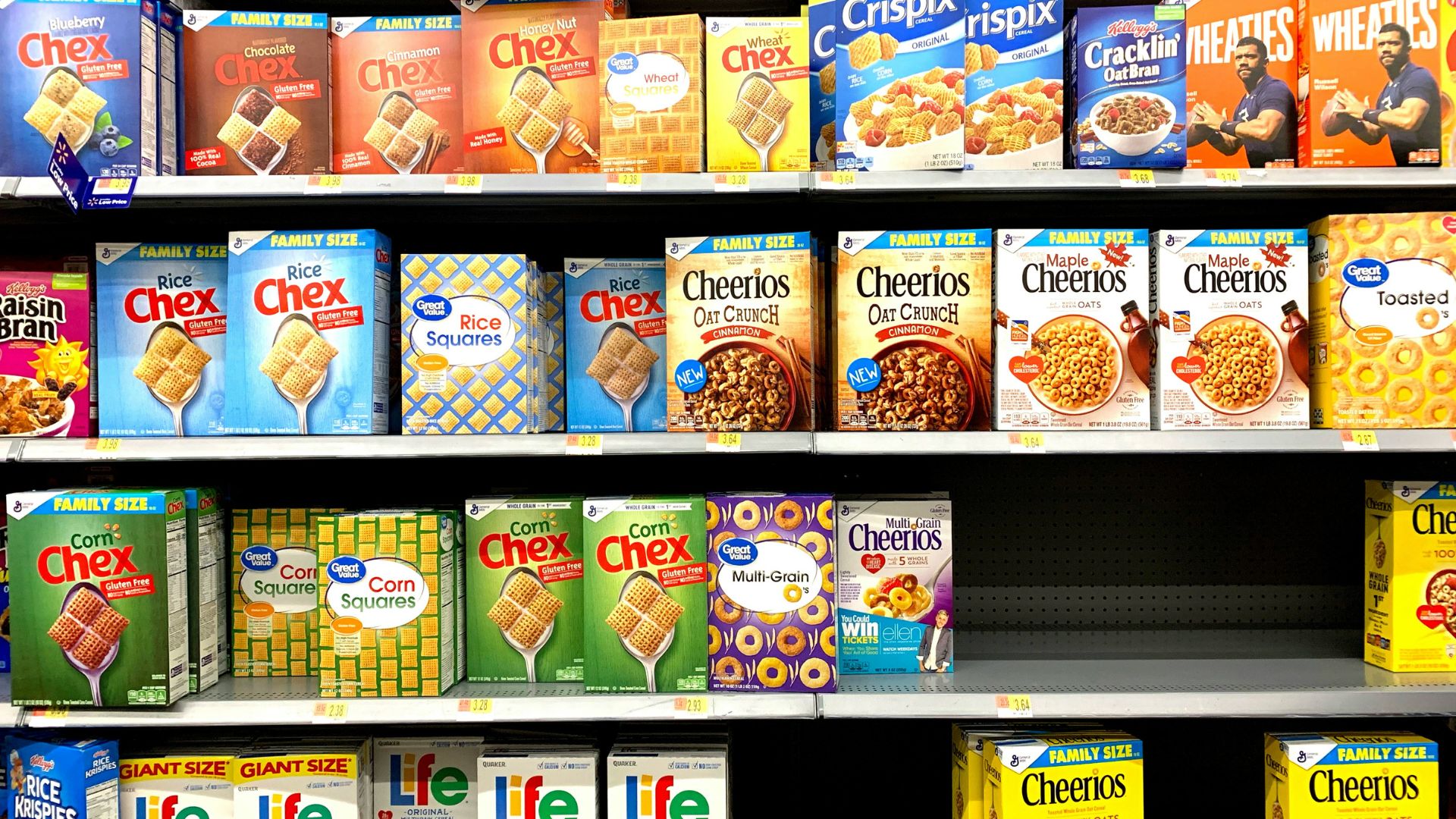
Tassin has also stated that she doesn’t believe that prices at these stores will go up, even if they decide to pay to hire more employees.
She explained, “Retailers know consumers are pretty pressed for prices. So I don’t think this will make a massive, meaningful difference in consumer prices.”
Other Companies Follow Suit
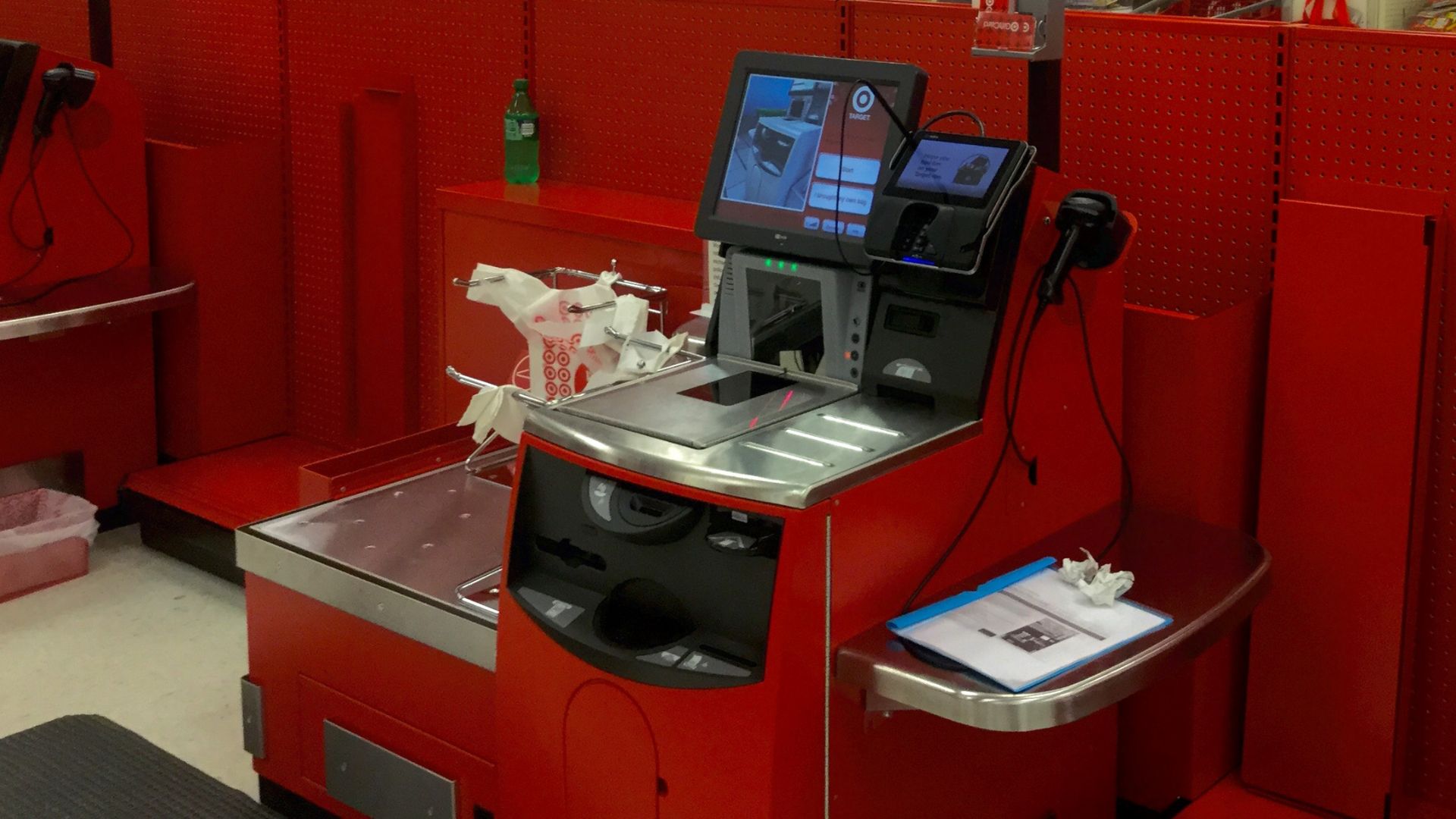
Dollar General and Five Below aren’t alone in their decision to scale back the installation and use of self-service kiosks. Target has recently announced that it will either limit or completely eliminate some self-checkout options at various locations this year.
Meanwhile, Amazon has fully pulled its cashierless checkout systems from its grocery stores around the United States for similar reasons.
